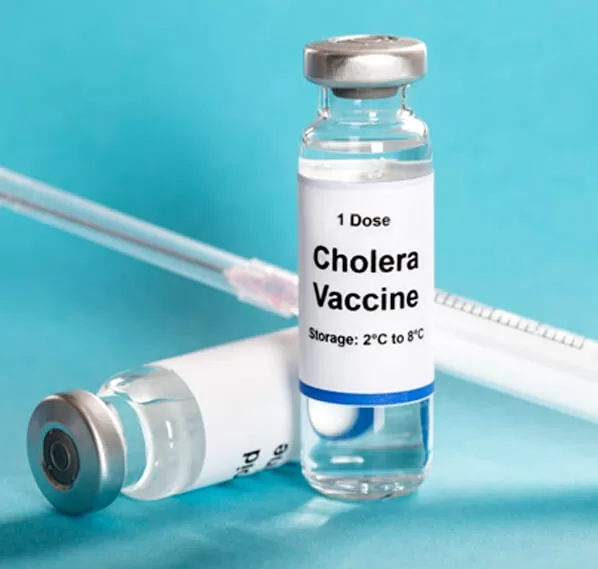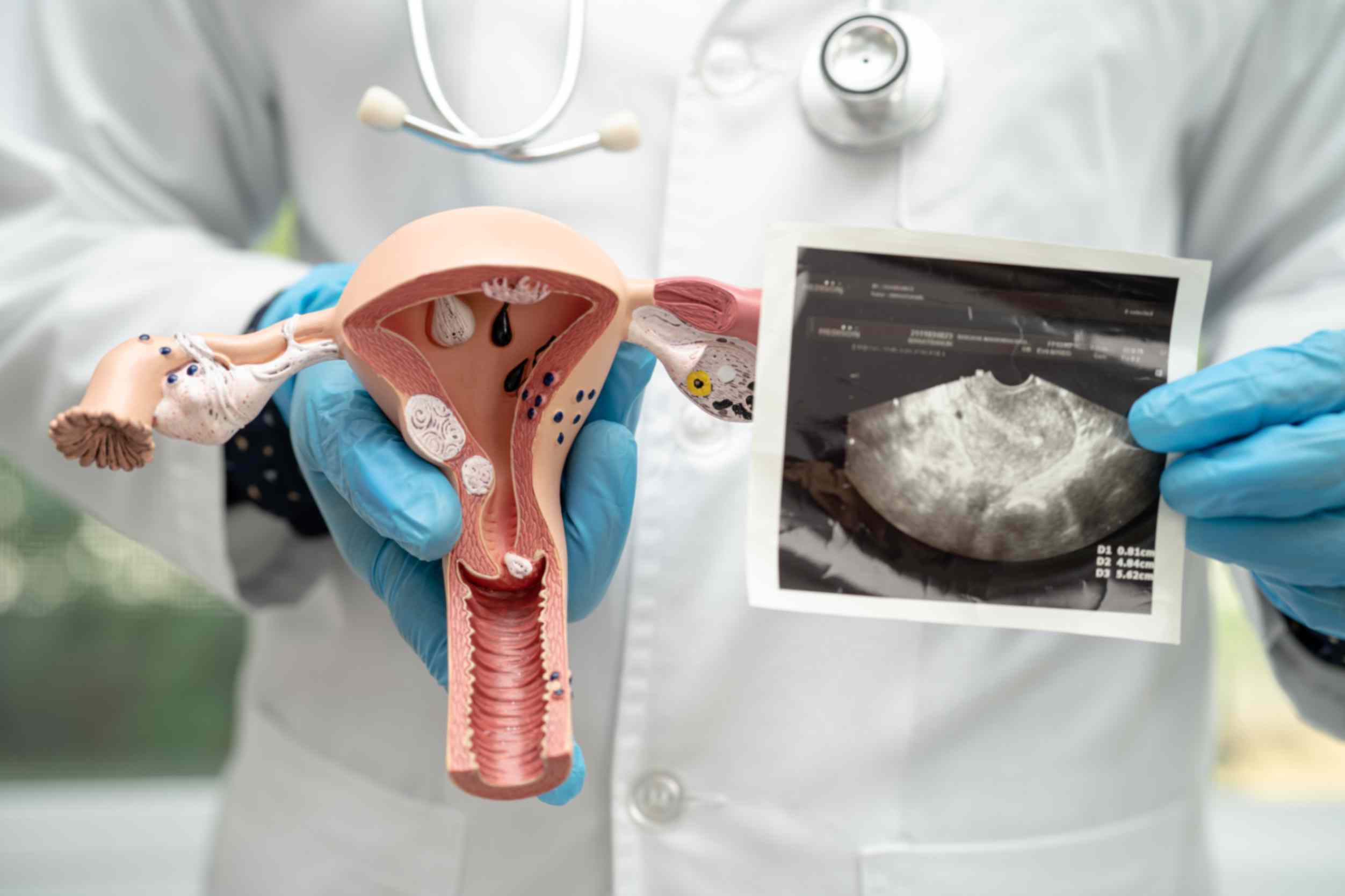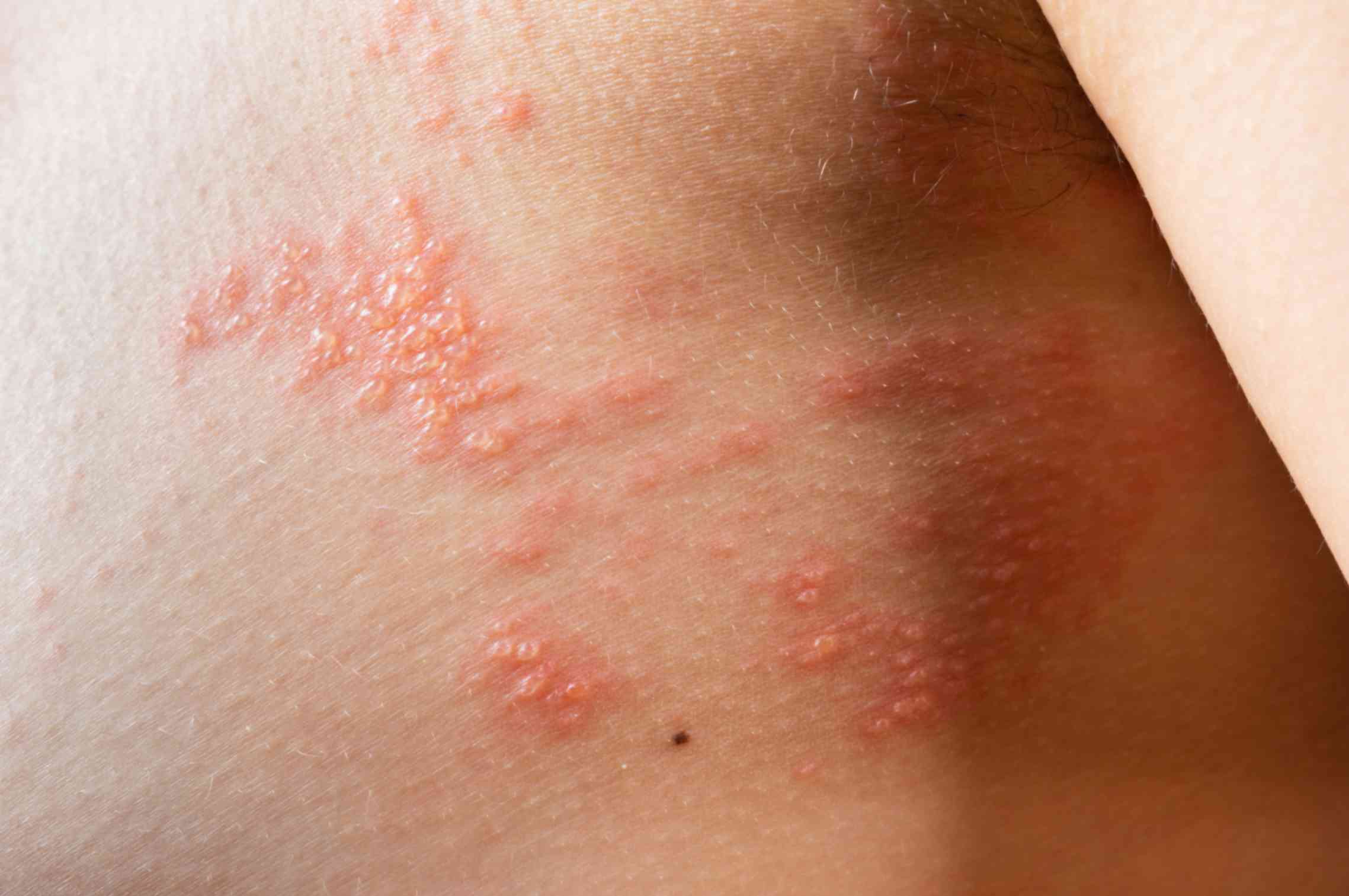Are you heading to a destination with poor water and sanitation conditions? Visit our Cholera Travel Clinic to get protected before your trip. At Touchwood Pharmacy, we provide the cholera vaccine for travel to help you stay safe and meet travel health recommendations.
With travel clinics offering the cholera vaccine in Bromley, Camberley, Leighton-Buzzard, Northampton, Northolt, Ramsgate, Streatham, Sydenham, and Walsall, you can easily book your appointment at a nearby location.
Why Get Cholera Vaccination?
Cholera is a bacterial infection spread through contaminated food and water. It causes severe diarrhoea and dehydration, which can be life-threatening if untreated.
If you’re travelling to regions affected by cholera outbreaks or where clean water is limited, the cholera travel vaccination is a smart choice. At Touchwood Pharmacy, we explain the private cholera vaccine process, dosage schedule, and the cholera immunisation cost in the UK.
Do I Need Cholera Vaccination Services?
Are you travelling to areas where cholera is still active? Will you be staying in remote places with limited access to clean food and water?
If yes, getting vaccinated is the best way to protect yourself.
We offer:
- A simple oral cholera vaccination course based on your travel plans
- Advice on food and water safety during your trip
- Support with common side effects like mild stomach upset or nausea
Our friendly experts are here to guide you at every step of the process.

How Do Cholera Vaccines Work?
The vaccine helps your body build immunity against cholera bacteria. It is taken as a drink and offers good protection for travellers visiting high-risk areas.
How to protect yourself during your trip?
Book your cholera vaccine at Touchwood Pharmacy and travel with peace of mind.
When Should I Visit a Cholera Travel Vaccination Clinic?
It is best to visit our travel clinic at least 2 weeks before you travel to complete the cholera vaccine schedule on time. If your trip is coming up soon, we will do our best to accommodate your appointment quickly.
Our clinics offering the cholera travel vaccine in Bromley, Camberley, Leighton-Buzzard, Northampton, Northolt, Ramsgate, Streatham, Sydenham, and Walsall are ready to help you stay protected. Book your appointment today.




















